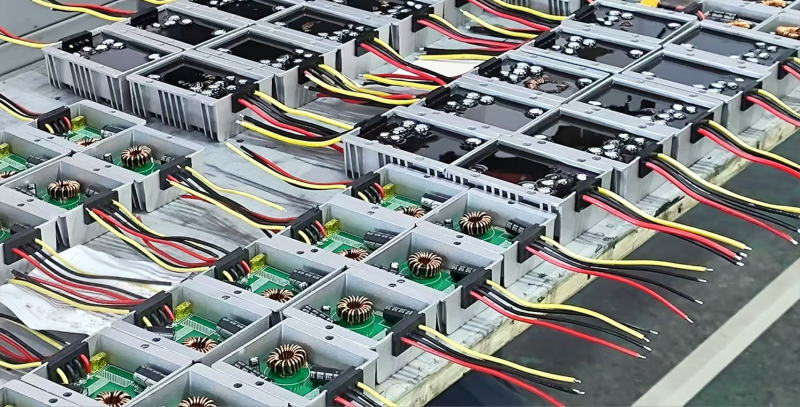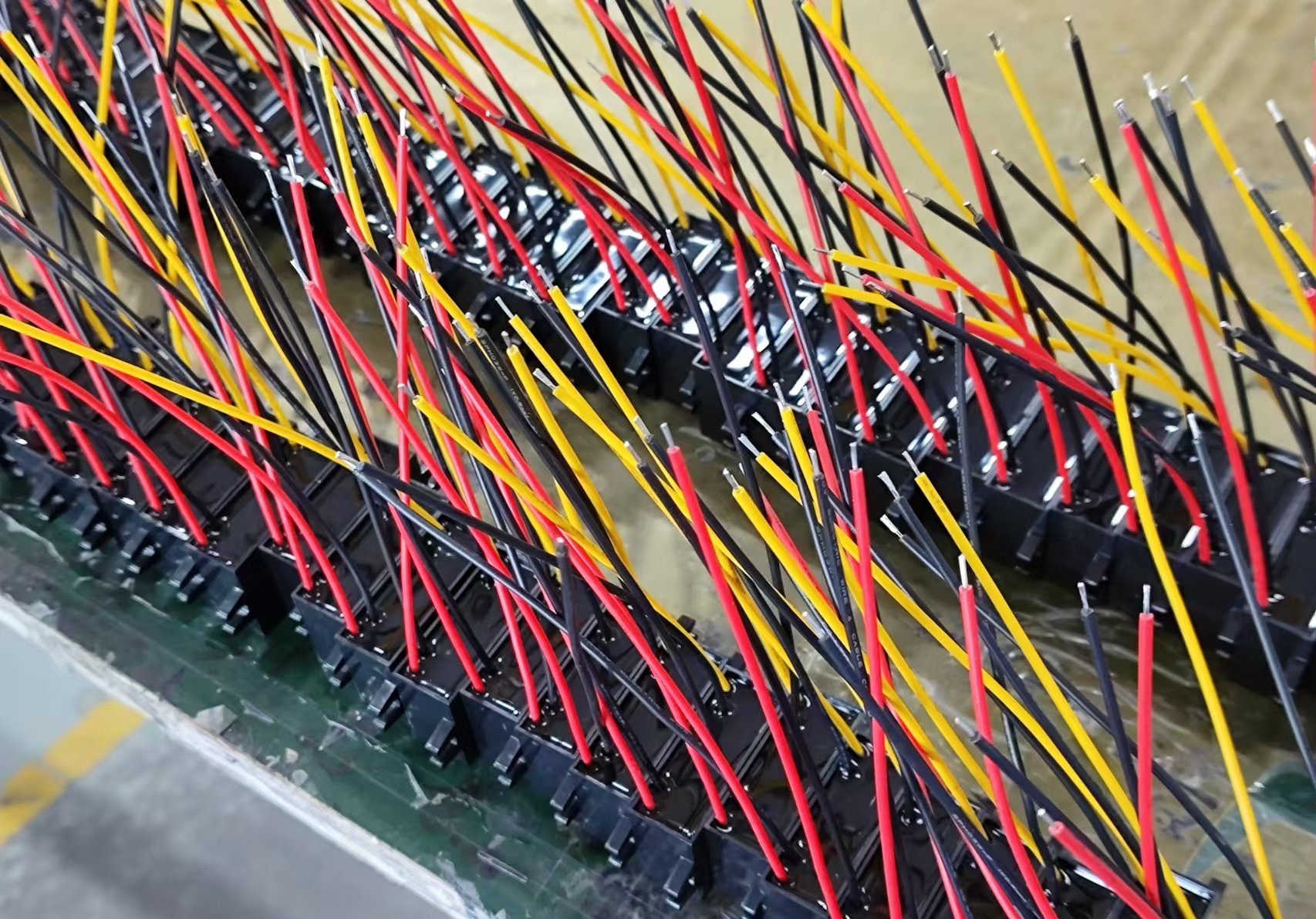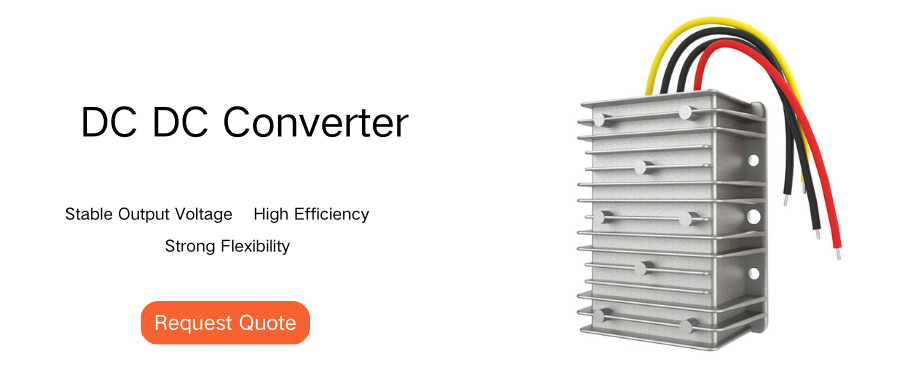A DC/DC converter, also known as a dc dc converter, is a device that converts a dc power supply from one voltage level to another voltage level. They play an important role in power management and are widely used in electronic devices and systems. Here are some common types of dc/dc converters and their advantages and disadvantages:
Buck Converter
Advantages: Able to provide a stable output voltage lower than the input voltage, suitable for applications that require voltage reduction. High efficiency, suitable for large current output.
Disadvantages: The output voltage cannot be higher than the input voltage, and the ripple and noise of the output voltage are relatively large.
Boost Converter
Advantages: Able to provide a stable output voltage higher than the input voltage, suitable for applications that require voltage increase. Simple structure and low cost.
Disadvantages: The efficiency may not be as high as the buck converter, and the efficiency drops significantly under light load conditions.

Buck-Boost Converter
Advantages: Able to provide a stable output voltage higher or lower than the input voltage, high flexibility, suitable for a variety of voltage conversion needs.
Disadvantages: Complex circuit, high cost, and efficiency may not be as good as dedicated buck or boost converters.
Isolated DC/DC Converter
Advantages: Provides electrical isolation, enhances safety, and is suitable for applications in high-noise environments or where isolation protection is required.
Disadvantages: Higher cost, efficiency may be lower than non-isolated converters.

Modular DC/DC Converter
Advantages: Modular design makes installation and maintenance easier, and different module combinations can be selected according to needs.
Disadvantages: May be more expensive than custom solutions, and compatibility between modules needs to be considered.
Synchronous Rectification DC/DC Converter
Advantages: By using synchronous rectification technology, conversion efficiency can be improved and heat generation can be reduced.
Disadvantages: Requires more complex control circuits and relatively high costs.
Linear Regulator (LDO)
Advantages: Stable output voltage, low ripple and noise, suitable for applications with high power quality requirements.
Disadvantages: Low efficiency, not suitable for high current output, and cost may be higher than switching converters.
When choosing a dc-dc converter, it is necessary to consider the specific needs of the application, such as output voltage, current, efficiency, cost, size, and noise. Each type of dc dc converter has its specific application scenarios and advantages, and designers need to make the most appropriate choice based on actual needs.







